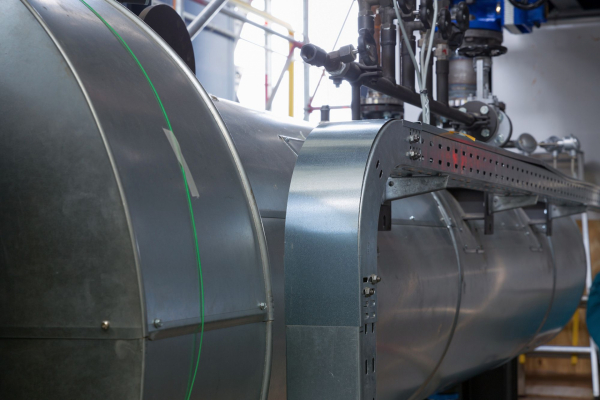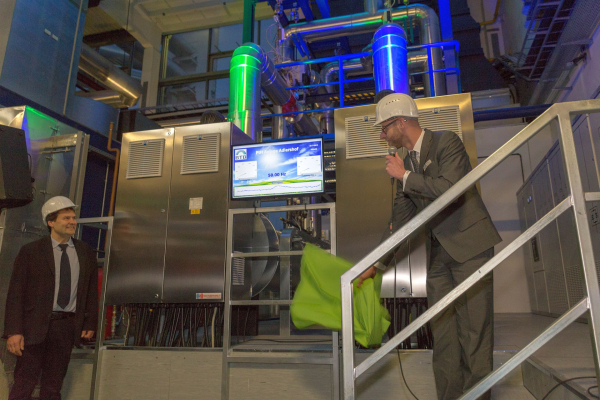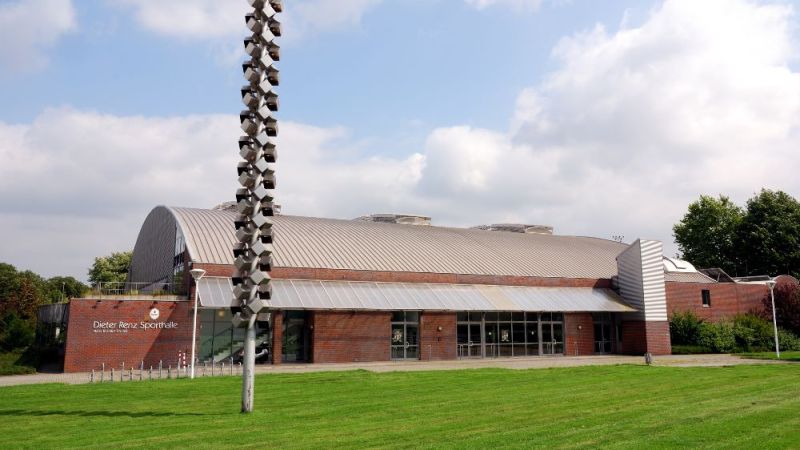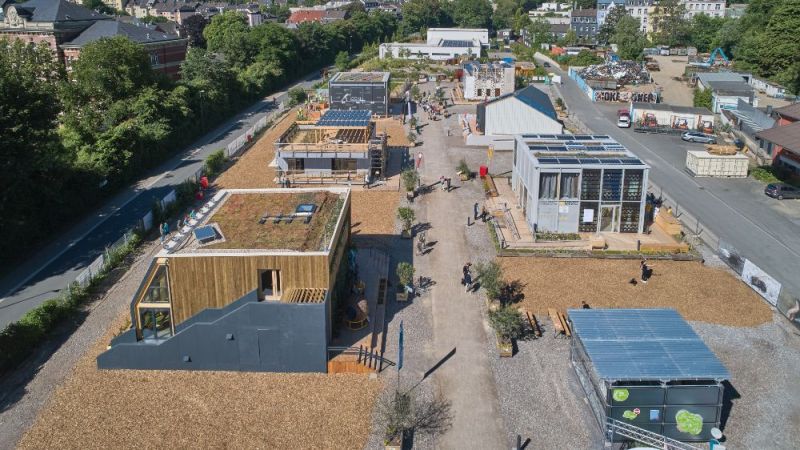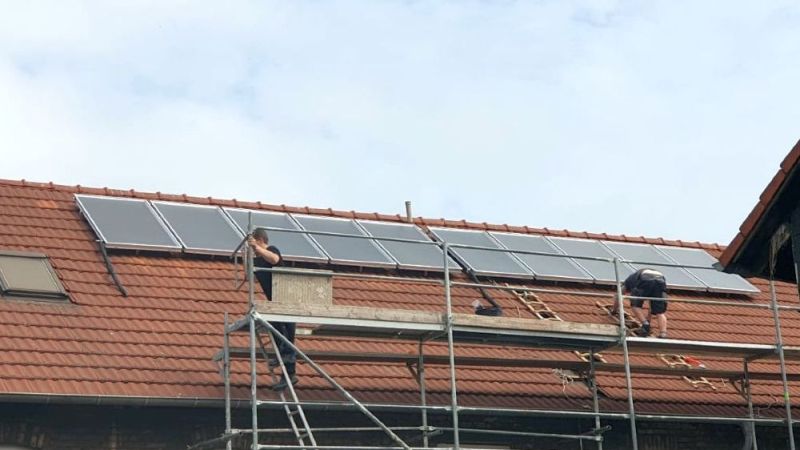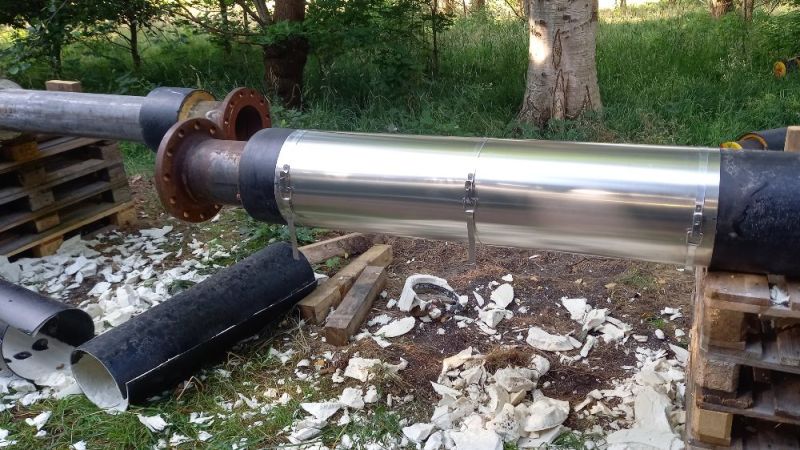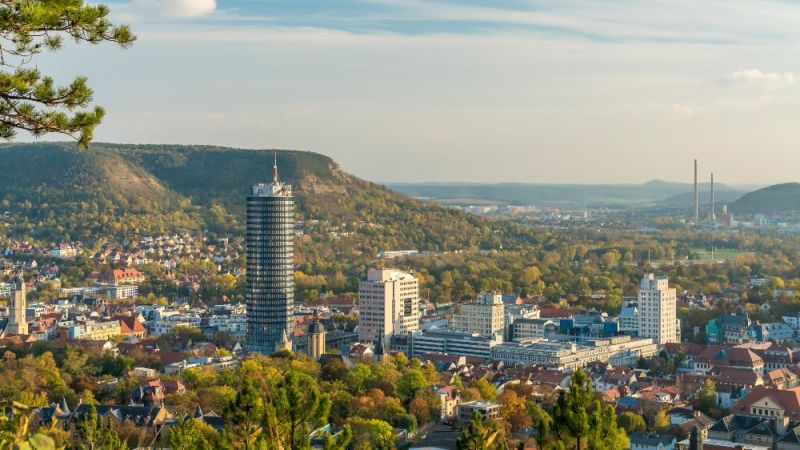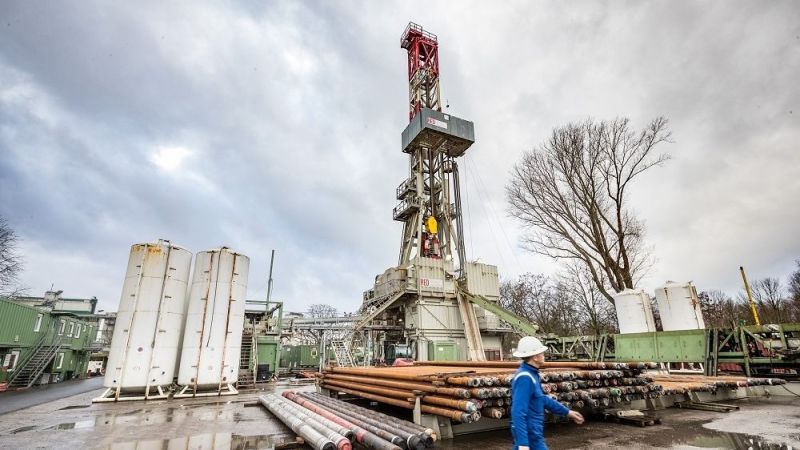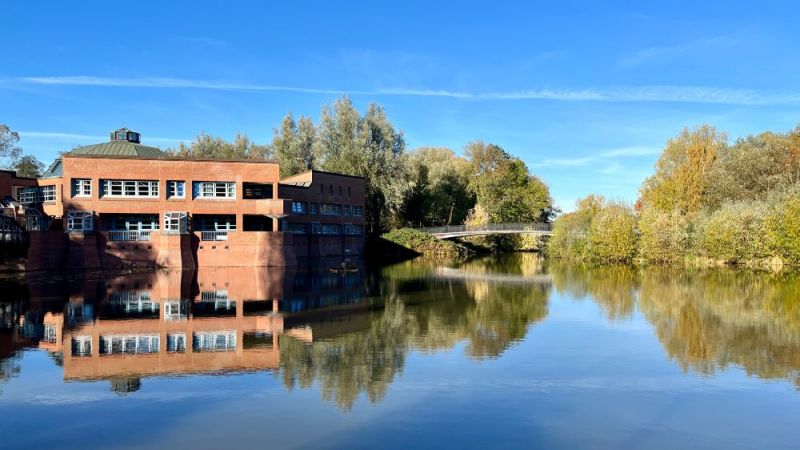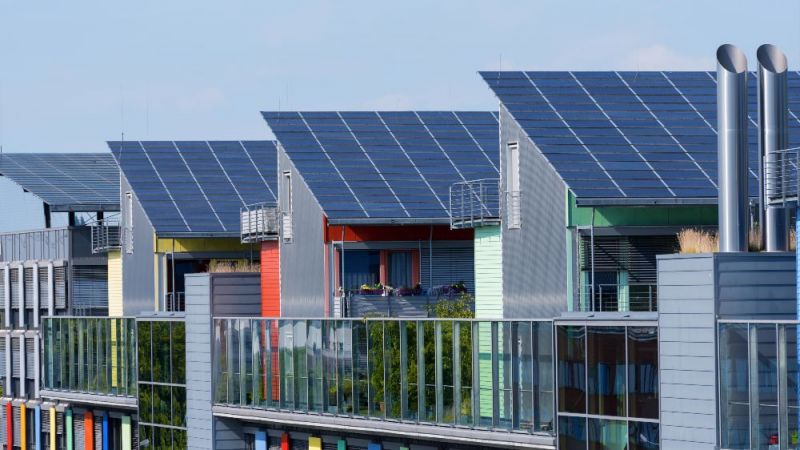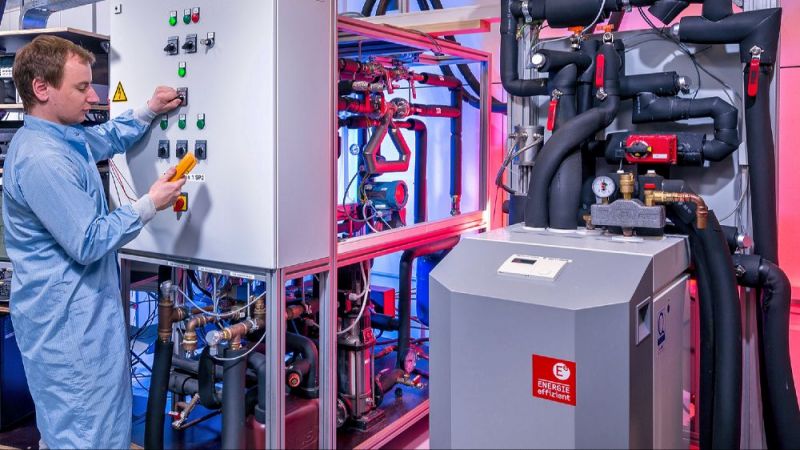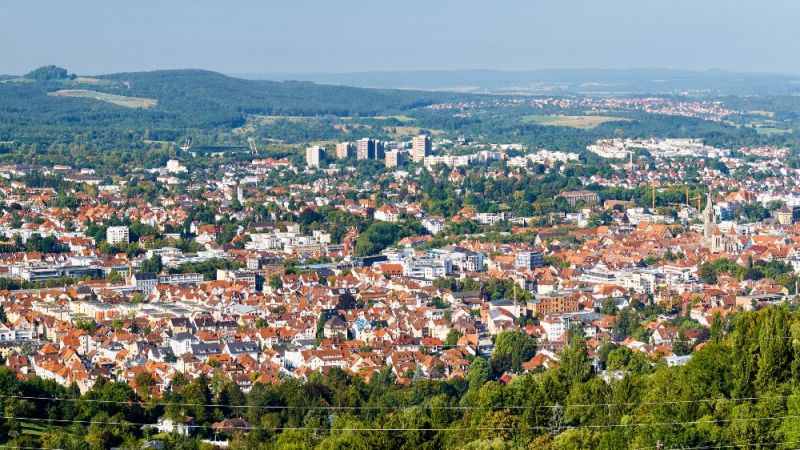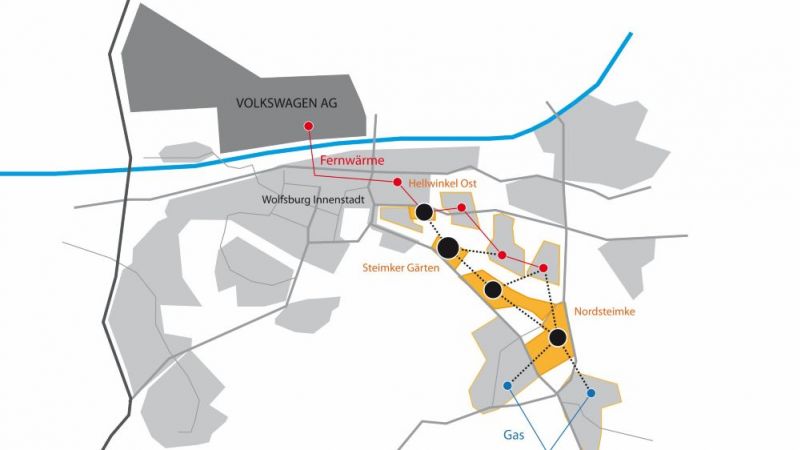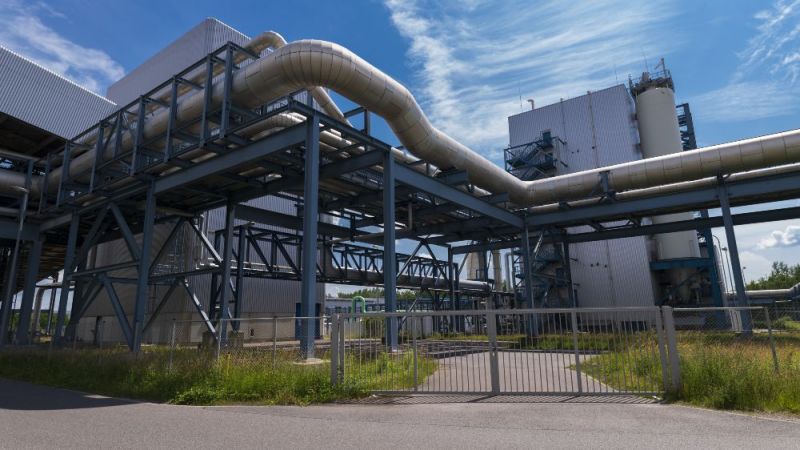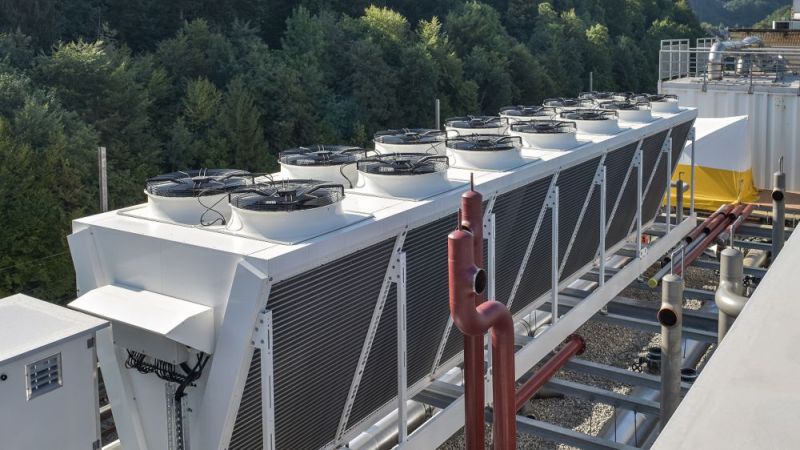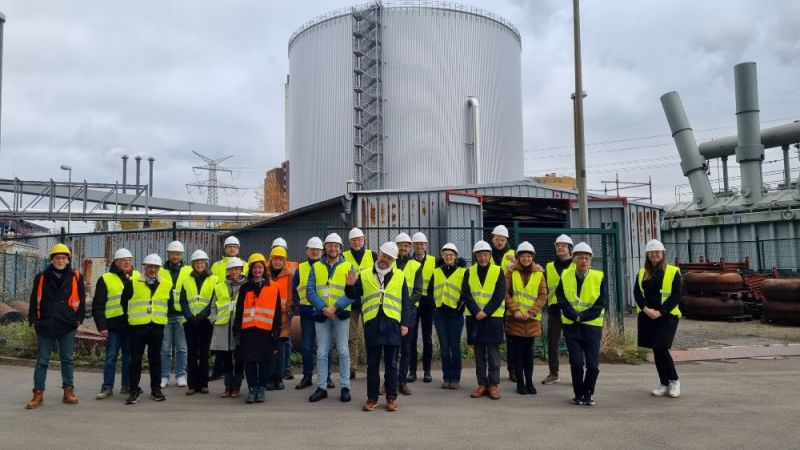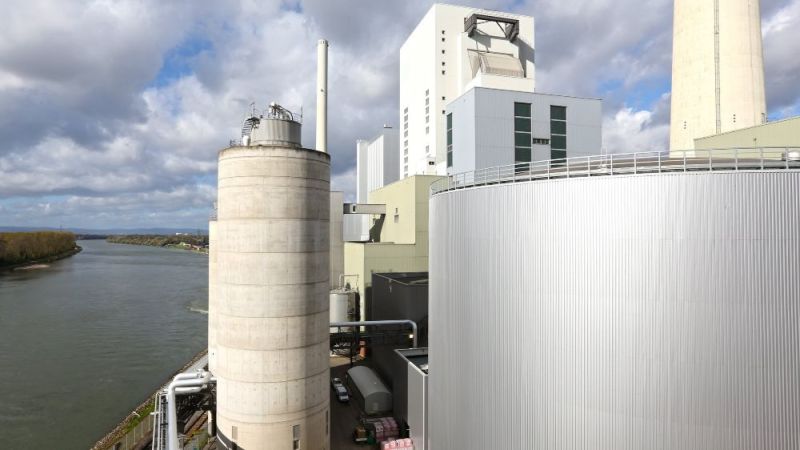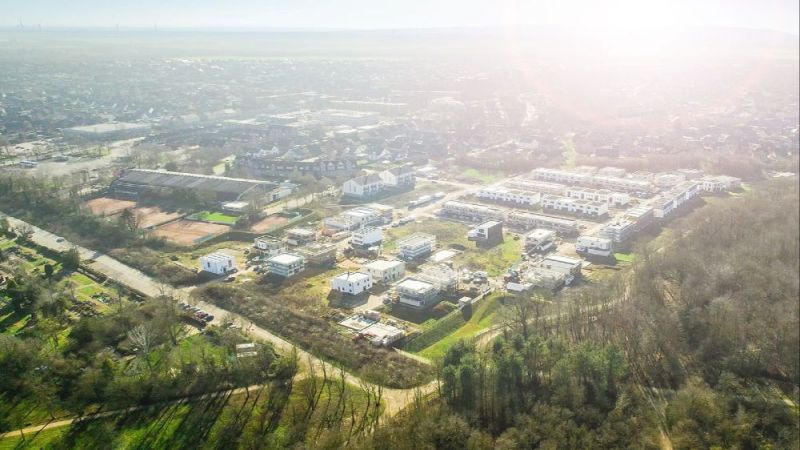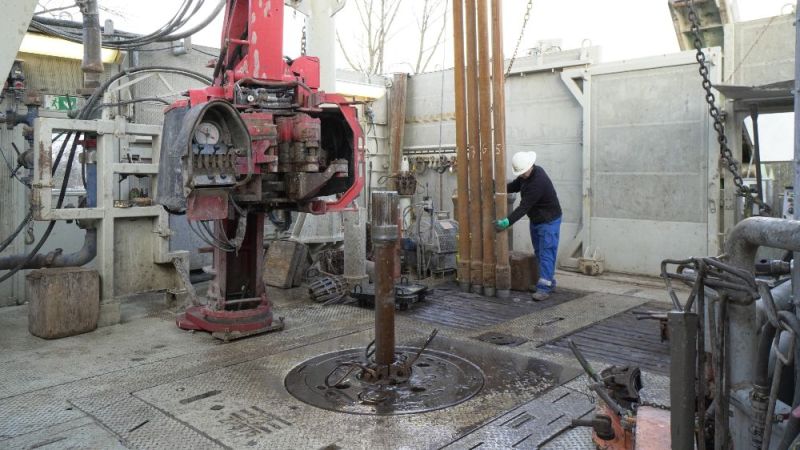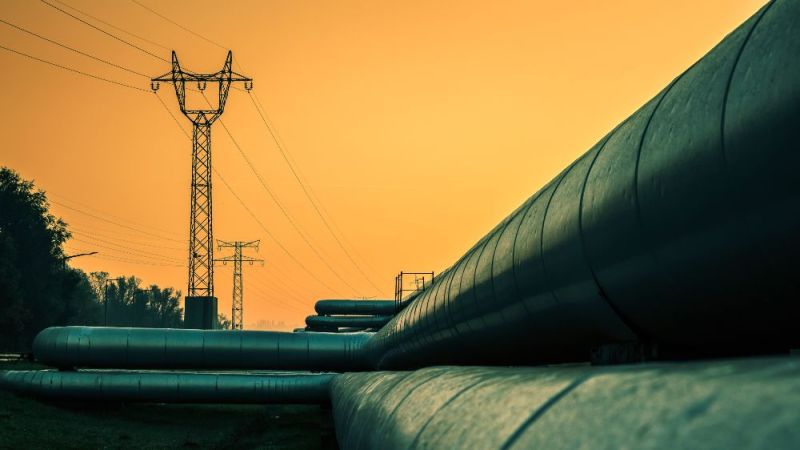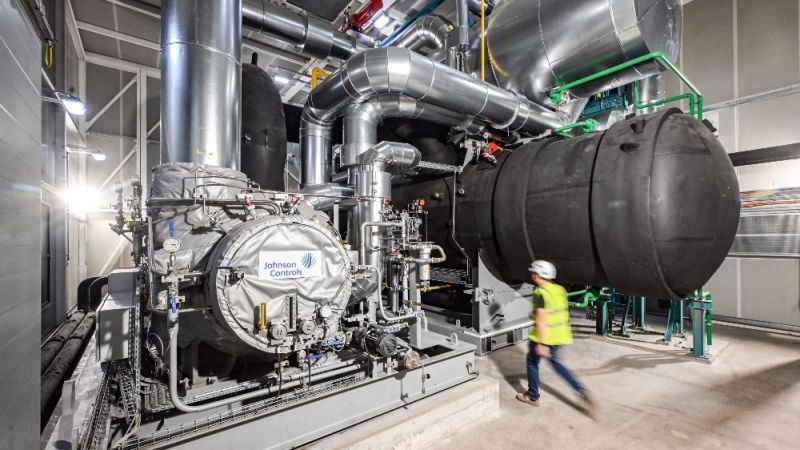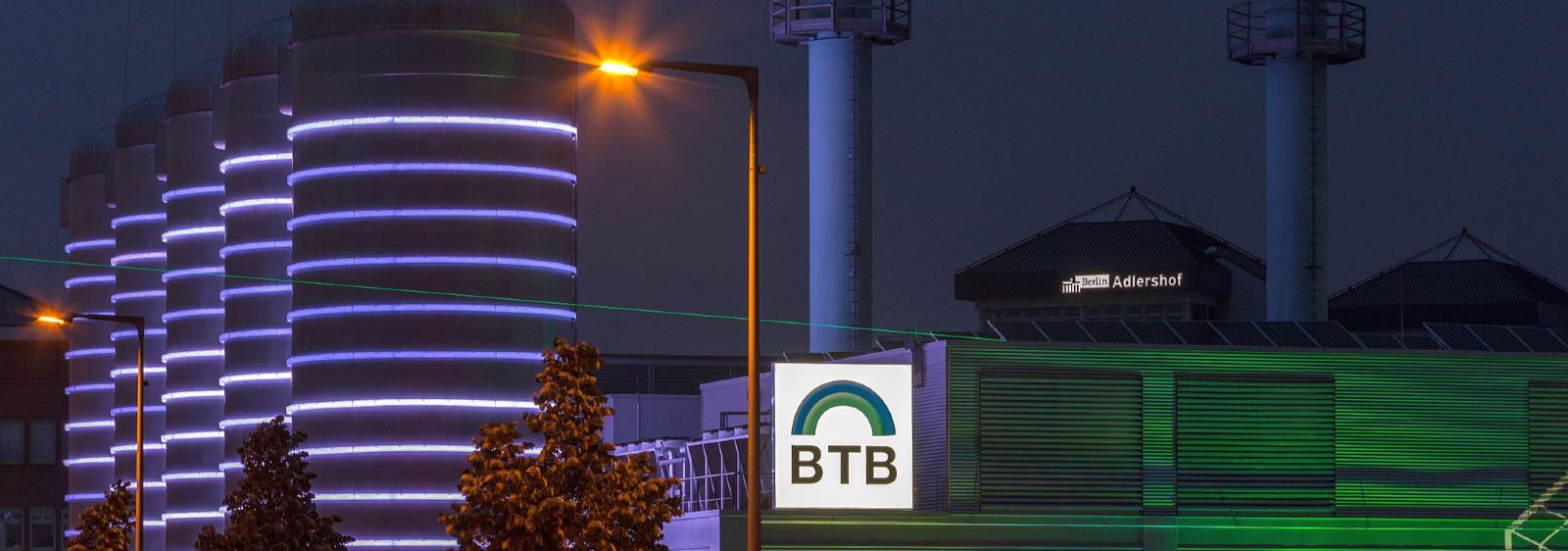
Potentials analysed
Leveraging cross-sectoral potential for utilising surplus electricity
In this project, the various potential for the cross-sectoral exploitation of local and regional surplus electricity in north-eastern Germany is being investigated and quantified. Operating concepts and planning aids for power-to-X technologies are being developed for this purpose. Embedded in the “Energy Strategy Berlin Adlershof 2020” district concept, the research partners at the Adlershof site want to use the existing power-to-heat plant to demonstrate how the integration of renewable surplus electricity into the heating market can be technically and organisationally implemented.
In the long term, power-to-X plants should be able to act as buyers in the electricity market and absorb electricity at times with high renewable input. However, taxes and levies on the electricity consumption make sector coupling currently economically unattractive. However, bottlenecks in electricity networks are already leading to considerable throttling of renewable electricity generators.
This electricity could be used in power-to-X plants and thus contribute to renewable district heating. Power-to-heat systems are particularly ideal because of the relatively low investment costs and their high flexibility.
Research focus
The potential of power-to-heat plants and other power-to-X technologies for utilising surplus electricity and for ancillary services will be investigated at the Berlin Adlershof business and science campus as well as at other locations. In addition, new operating concepts and, based on this, suitable business models and planning aids shall be developed.
Successes
The following results have so far been achieved in the current project:
- The initial operating experience with the pilot plant in Adlershof shows a reliable provision of negative secondary control reserve power. The systems therefore achieve the necessary flexibility to be able to remedy network bottlenecks as a switchable load. For example, this could avoid the throttling of renewable generation systems in the event of grid congestion.
- The investigation of the historical causes of throttling shows that the previous development reveals little about future developments. There is a strong dependency on the expansion of renewable energies, the weather conditions and the state of development of the networks.
- Power-to-heat systems, if connected to suitable locations, can help to prevent power grid bottlenecks.
- The expected electricity volumes due to throttling renewable energy systems will not be particularly relevant for the entire heating market. Significant amounts of energy could result, however, for individual locations.
30.11.2021


